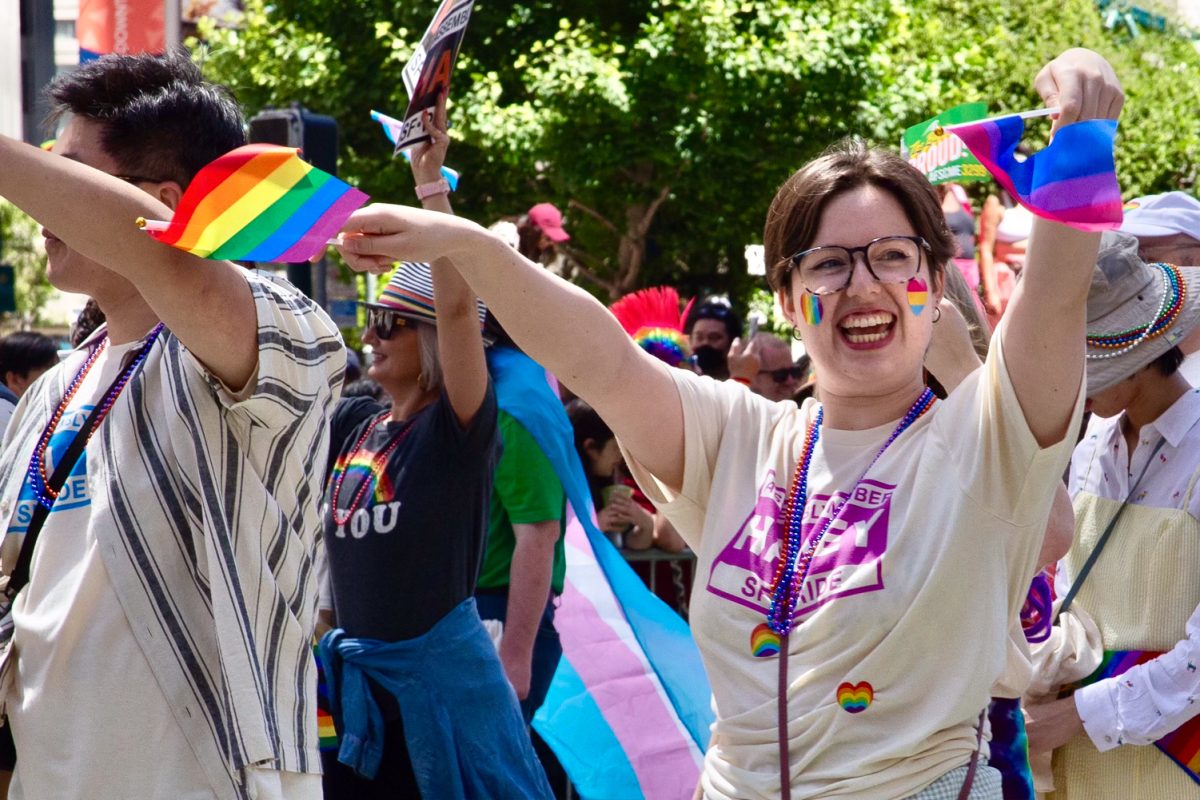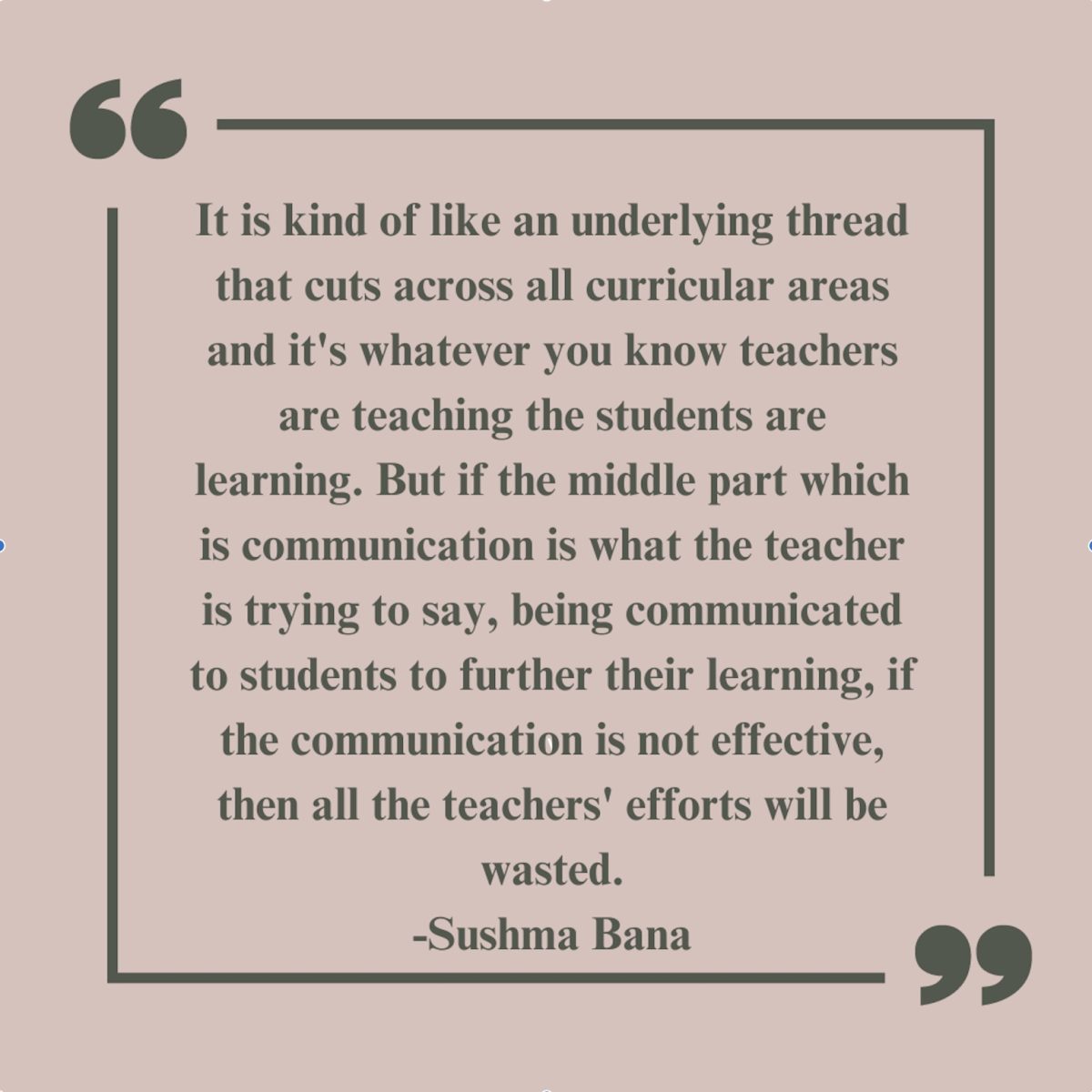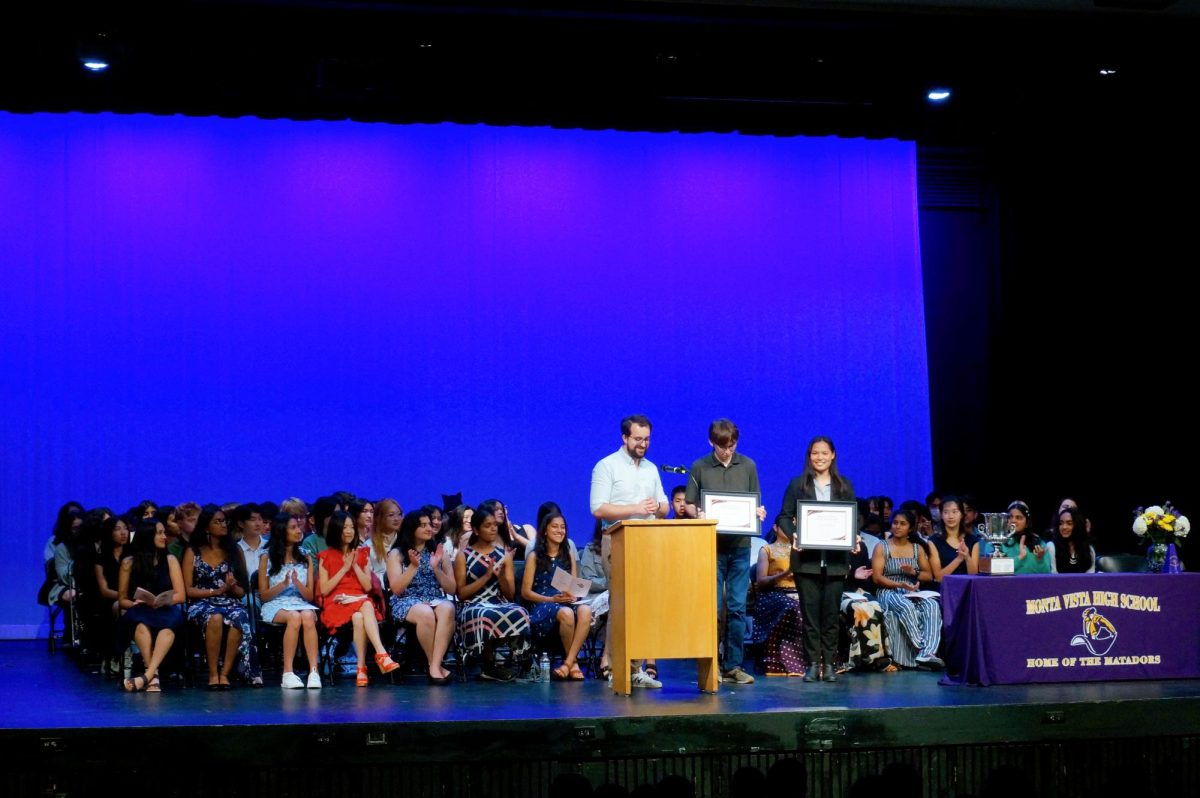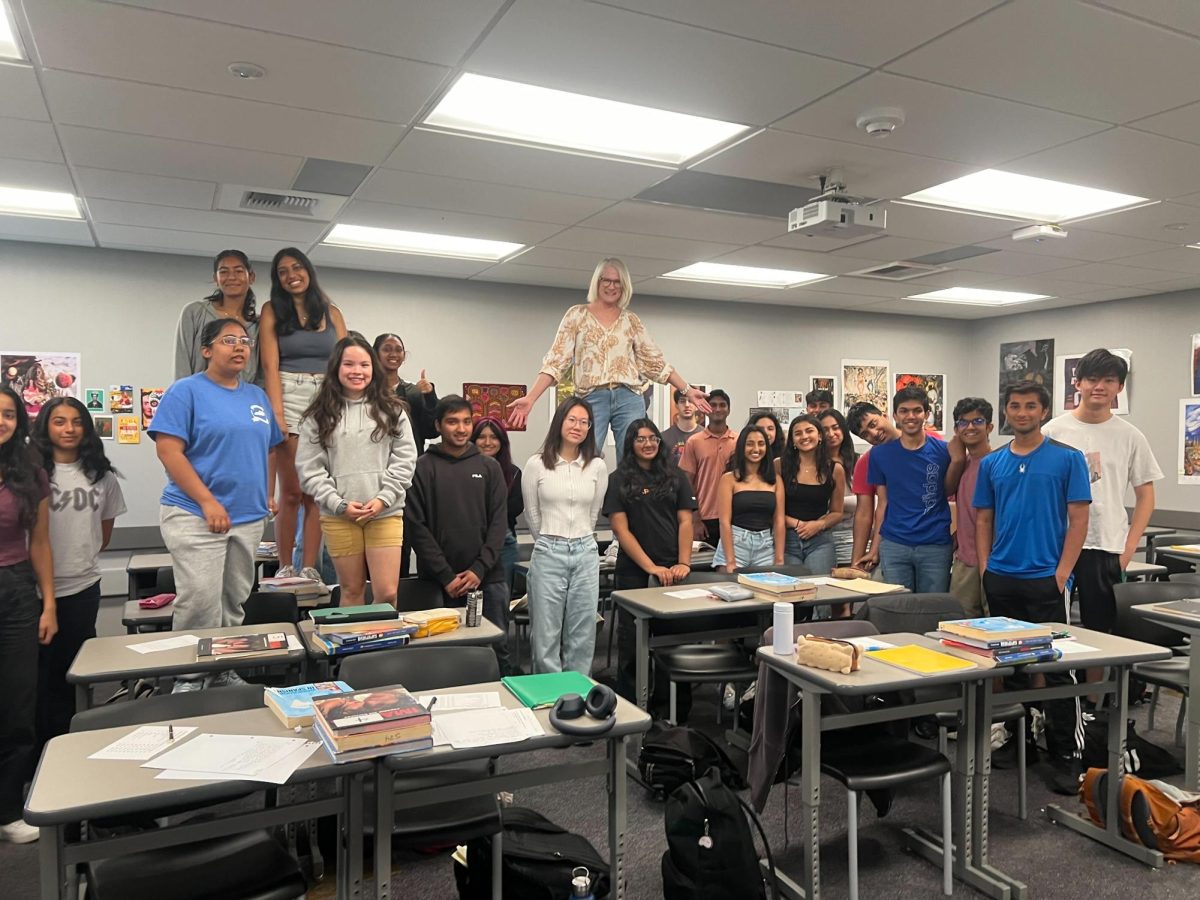He was labeled the face of terrorism by millions around the world.
Then, late Sunday night May 1, the rumors about him picked up again. They first began swirling on Twitter after the announcement that President Obama would be addressing the nation later that night. News networks caught on soon after, hinting at the news though they had no official confirmation: Osama bin Laden had been killed.
During his address, the President confirmed the speculation almost immediately, declaring that “justice has been done.”
That quote quickly became a soundbite for the media, but it was what Obama said earlier in his speech that left a more lasting impact.
“On September 11, 2001, in our time of grief, the American people came together… On that day, no matter where we came from, what God we prayed to, or what race or ethnicity we were, we were united as one American family,” Obama said.
Ten years later, much of America and MVHS had the same response to a very different event—Osama bin Laden’s death. Students’ Facebook Newsfeeds flooded with bin Laden-related statuses: an outpouring of emotion from a generation that grew up in the aftermath of 9/11.
But among students’ joyous declarations of America’s accomplishment lay a few quiet opponents that voiced discomfort at celebrating a death—anyone’s death. Was the national pride displayed just patriotic celebration? Or something more aggressive? Was it an act of justice or revenge?
One of the students who celebrated, junior Zachary Ota, remembers 9/11 clearly. That morning, before he left for school, his aunt called to ask if his father had left for his business trip—he was going to be flying.
“He hadn’t left yet, but my grandmother and great-grandmother were on planes… flying back from Iran, I believe. I remember my mom crying… it was so scary,” Ota said.
Ota’s recollections reflect the terrifying period of fear and uncertainty that haunted a wounded nation following 9/11. No one knew if more attacks were planned, where they would be, and who the terrorists would target.
Sophomore Ahana Sarkar experienced that tension as a first grader during the disaster. Her birthday party had been planned for that September afternoon, and it was cancelled last minute.
“No one wanted to send their kids out,” she said. “Everyone wanted to stay with their families.”
Though both Ota and Sarkar grew up in the same post-9/11 America, they had very different reactions to the death that many see as an incredible milestone in the war against terror.
“I felt good for our country as a whole,” Sarkar said, “but I can’t think of people dying as a source of happiness.”
Later that day, she posted a quote that had gone viral after the death to Facebook: “I will mourn the loss of thousands of precious lives, but I will not rejoice in the death of one, not even an enemy.”
With emotions still running high, that quote, widely misattributed to Martin Luther King Jr., received much opposition. People asked Sarkar how she could not be happy a terrorist was dead, whether that was really how she felt about bin Laden’s death, not understanding a growing sentiment. This sentiment questions whether the nation’s jubilant reaction to bin Laden’s death might not have been entirely appropriate.
“It looked like the aftermath of a football game, not someone’s death,” said math teacher Jon Stark. “I’m not suggesting that bin Laden was a good guy, but we’re talking about a human life. It’s not something that you should treat the same way you would a sporting event.”
To many, there will always be something disconcerting about celebrating a death, but what about when the deceased is a national, even world-wide enemy? Someone who has killed thousands of innocent people? There’s a different name for that kind of celebration, some might say: Patriotism.
Disrespect, some students argue, has no place in conversation about a man who orchestrated countless terrorist attacks and killed so many innocent people.
The nation seemed to agree—several newspapers came out on the morning of May 1 with headlines like “Rot in Hell” from the New York Daily or “Got him! Vengeance at last! US nails the bastard” from the New York Post splashed across the front page with photos of bin Laden.
“I think it’s a good thing for the world that he’s not around to be a threat, but there’s something unsettling about celebrating a death,”Stark said. Even an evil person, death is not something you want to wish on people.”
It wasn’t disrespectful. It was a big deal for all Americans—he killed a lot of innocent Americans. I’m not saying chanting ‘USA’ in the streets was the right thing to do,” Ota said. “But I’m not going to say it was the wrong thing to do.”





















